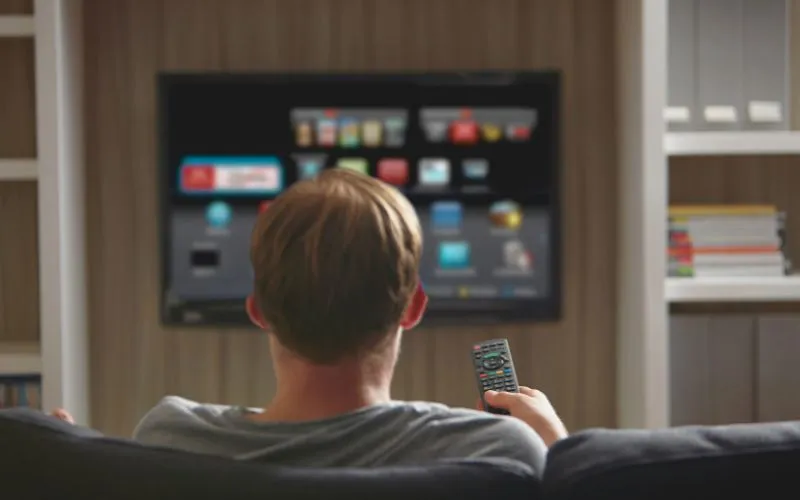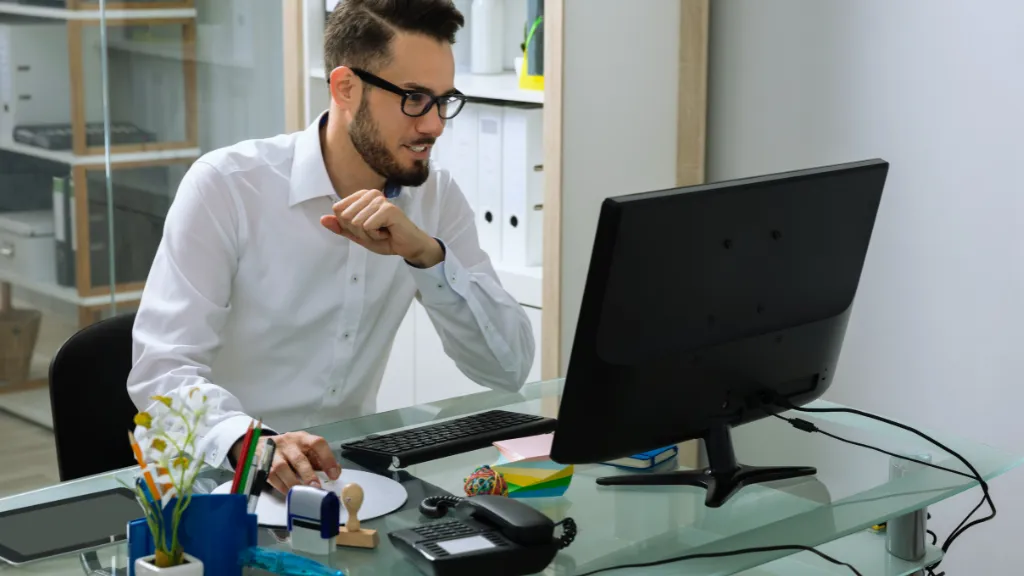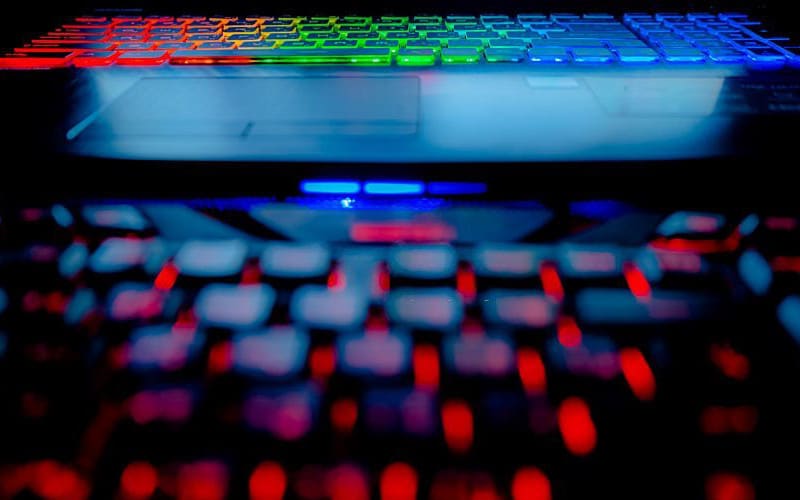As a seasoned laptop user, I can tell you firsthand how disheartening it is when your device suddenly starts to lag. Whether you’re trying to complete a project for work or want to stream a movie, a slow laptop can be a significant hindrance.
In this article, I’ll share 9 potential causes that can cause your HP laptop to slow down and what you can do to resolve them.
9 Potential Causes That Your HP Laptop is Running Slow
1. Hard Drive is Low on Space
A hard drive that is low on space is one of the most common causes of a slow laptop. When your hard drive is full or almost full, it can cause your laptop to slow down because the device has to work harder to access and load files, which can take longer than normal.
To improve performance, it’s important to regularly clean up your hard drive by deleting unnecessary files and programs.
To do this, follow these steps:
- Open “My Computer” and select your hard drive (usually labeled “C:”).
- Click on “Properties” and select the “General” tab.
- Under “Capacity,” you’ll see how much space is being used and how much is available.
- If your hard drive is almost full, you’ll need to delete some files to free up space.
- The “Disk Cleanup” tool can find and delete unnecessary files.
- To access this tool, open “My Computer” and right-click on your hard drive.
- Select “Properties” and then select the “General” tab.
- Under “Disk Cleanup,” click “Clean up system files.“
- This will bring up a list of files you can delete to free up space.
- Select the files you want to delete and click “OK.”
Related: Best Laptops for Trading
2. Outdated Operating System
If you’re using an older version of an operating system, it may not be optimized for your device’s hardware. This can lead to slower performance and may require an update to improve speed.
To update your operating system, follow these steps:
- Open the “Start” menu and click on “Settings.”
- Select “Update & Security” and click on “Windows Update.”
- Click on “Check for updates” to see if there are any available updates for your device.
- If updates are available, click “Download and install now.”
3. Malware or Viruses
If your laptop has been infected with malware or a virus, it can slow down your device significantly. It’s important to regularly scan your laptop for these threats to keep it running smoothly.
To scan your laptop for viruses and malware, follow these steps:
- Open your antivirus software (such as Windows Defender or a third-party antivirus program).
- Click on “Scan” or “Full Scan” to initiate a scan of your device.
- If any threats are detected, the antivirus software will provide options for removing them. Follow the prompts to remove the threats from your laptop.
4. Hardware Issues
Sometimes, a slow laptop may be caused by hardware issues such as faulty memory or processor. These issues can often be resolved by replacing the defective component, but it may require the help of a professional.
To check for hardware issues, you can try the following steps:
- Open the “Start” menu and type “System Information” into the search bar.
- Click on “System Information” to open the tool.
- Under “System Summary,” you’ll see information about your device’s hardware.
Look for any error messages or warnings that may indicate a hardware issue.
If you suspect a hardware issue with your laptop, it’s best to seek the help of a professional. They can diagnose the problem and determine the best action to resolve it.
5. Too Many Programs Running at Once
If you have multiple programs running simultaneously, it can slow down your laptop. To improve performance, close any programs that you’re not currently using.
To check for and close unnecessary programs, follow these steps:
- Press “Ctrl + Alt + Delete” to open the Task Manager.
- Under the “Processes” tab, you’ll see a list of all the programs and processes running on your laptop.
- Look for any programs that you’re not currently using and select them.
- Click on “End task” to close the program.
Remember that some programs may be necessary for the proper functioning of your laptop, so be careful not to close any essential programs.
6. Not Enough Memory
It can slow down significantly if your laptop doesn’t have enough memory (RAM). This is because the device must use the hard drive as temporary storage, which can take longer than RAM.
To improve performance, you can try the following solutions:
- Close unnecessary programs: As mentioned earlier, having too many programs running simultaneously can use your laptop’s memory. Close any programs that you’re not currently using to free up memory.
- Add more memory: If your laptop allows for it, you can add more memory (RAM) to improve performance. Keep in mind that this will require the help of a professional and may not be possible for all laptops.
7. Overheating
If your laptop is overheating, it can slow down significantly to protect itself from damage. Dust and debris can accumulate inside your laptop and cause it to overheat, leading to slower performance.
To prevent overheating and improve performance, you can try the following solutions:
- Keep your laptop clean: Use a can of compressed air to blow out any dust or debris that may be causing your laptop to overheat.
- Use a laptop cooler: A laptop cooler is a device that helps dissipate heat from your laptop, improving performance.
- Avoid using your laptop on soft surfaces: Using your laptop on a soft surface, such as a bed or couch, can block the ventilation holes, causing it to overheat. Instead, use a hard surface such as a desk to allow proper airflow.
8. Outdated Hardware
If your laptop has outdated hardware, it can slow down significantly. For example, an outdated graphics card may not be able to handle the demands of newer software, leading to slower performance.
To improve performance, you may need to upgrade your laptop’s hardware. This will require the help of a professional and may not be possible for all laptops.
Related: HP Laptop Won’t Turn On
9. Software Conflicts
Sometimes, software conflicts can cause your laptop to slow down. For example, multiple programs trying to use the same resource can cause conflicts and slow down your device.
To resolve software conflicts and improve performance, you can try the following solutions:
- Uninstall unnecessary programs: If you have multiple programs installed that you’re not using, try uninstalling them to see if this helps resolve the conflict.
- Update your programs: Outdated programs may be causing conflicts with newer software. Be sure to keep all your programs updated to help prevent conflicts.
- Repair or reinstall programs: If updating your programs doesn’t resolve the conflict, you may need to try repairing or reinstalling the program.
To repair a program, follow these steps:
- Open the “Start” menu and type “Control Panel” into the search bar.
- Click on “Control Panel” to open the tool.
- Under “Programs,” click on “Programs and Features.”
- Select the program you want to repair and click “Change.”
- Follow the prompts to repair the program.
To reinstall a program, follow these steps:
- Open the “Start” menu and type “Control Panel” into the search bar.
- Click on “Control Panel” to open the tool.
- Under “Programs,” click on “Programs and Features.”
- Select the program you want to reinstall and click “Uninstall.”
- Follow the prompts to uninstall the program.
- Once the program is uninstalled, visit the manufacturer’s website to download and install the latest version.
Conclusion
By understanding these nine common reasons that can cause your HP laptop to slow down and taking the appropriate steps to resolve them, you can improve the performance of your device and get it running smoothly again.
If you’re still experiencing issues after trying these solutions, it may be time to consider replacing your device or seeking the help of a professional.






